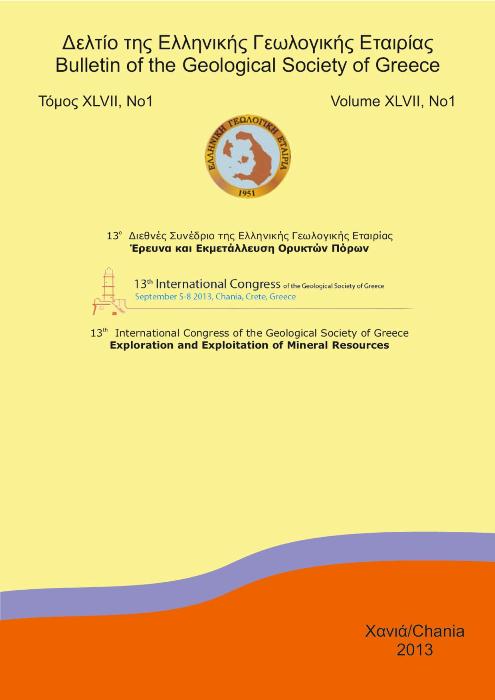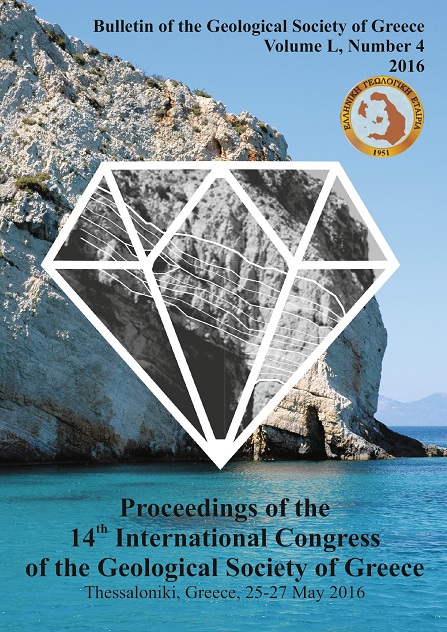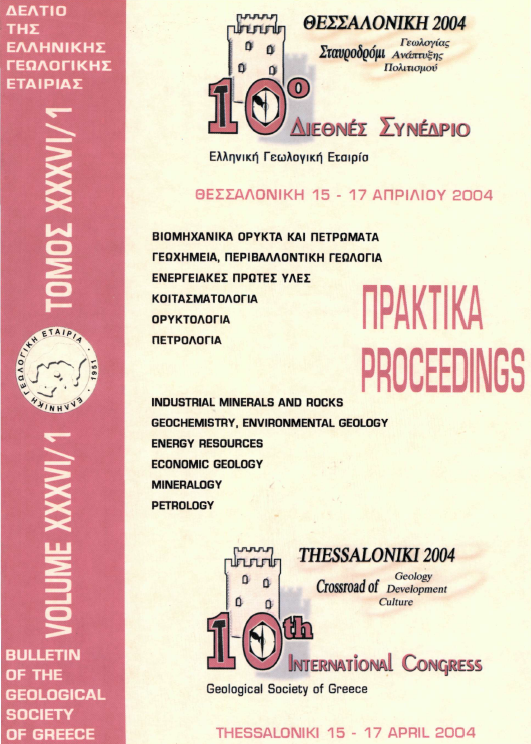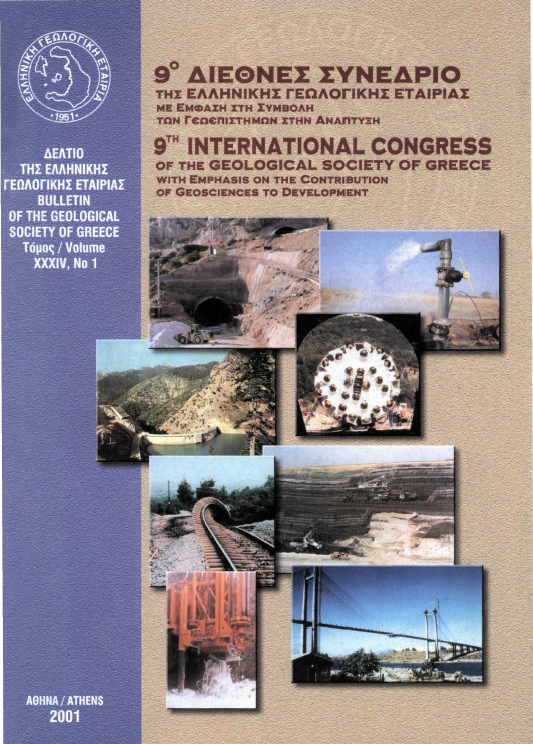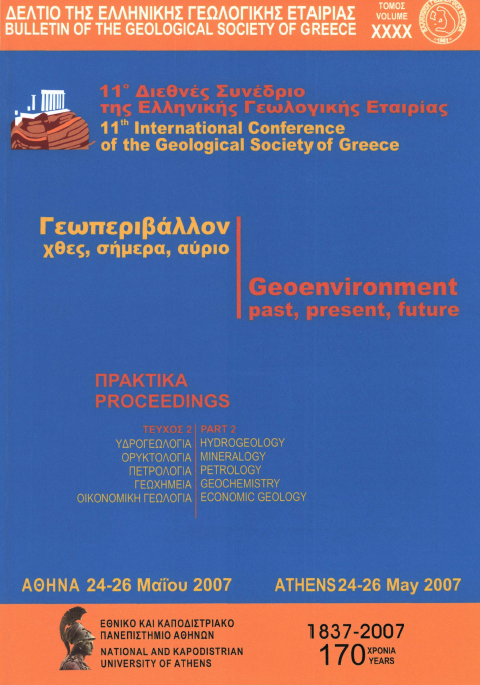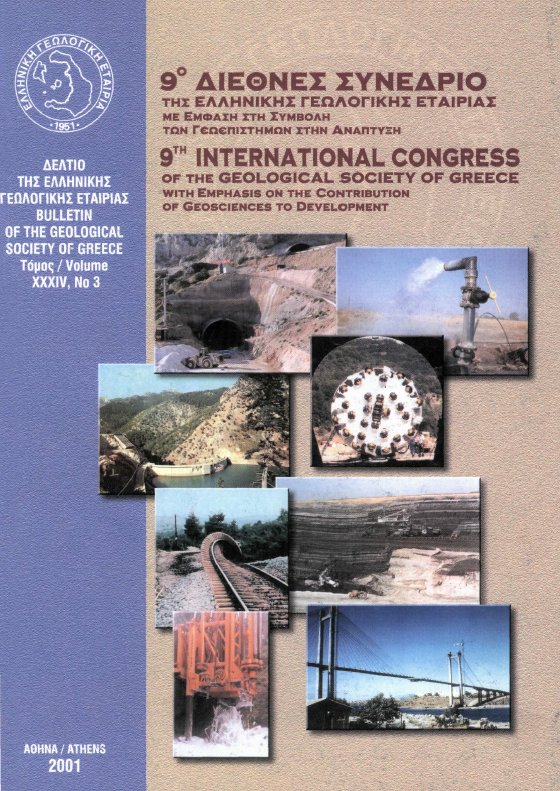Metamorphic record in metalherzolite pockets within the Virsini metaharzburgite from the Kechros HP metamorphic complex in Eastern Rhodope, Greece.
Résumé
The Virsini antigorite serpentinite from the Kechros HP metamorphic complex in eastern Rhodope is a serpentinized harzburgite with pockets of lherzolitic composition. In the metalherzolites the mantle assemblage is Ol-1+Opx+Cpx-1+Cr-Spl. The metamorphic assemblage is Atg+Ol-2+Cpx-2+Ol-3+Chl+Tr+Cr-Mag. Antigorite and Cr-magnetite formed in an early stage of the metamorphic event. With increase in metamorphic grade olivine (Ol-2) was formed at the expense of antigorite and with further increase tremolite, olivine (Ol-3) and chlorite were formed at the expense of clinopyroxene and antigorite. P-T conditions of ≈1.7 GPa/≈570 oC are recorded in neighbouring eclogites. For the temperature of 570 oC the reaction Di+Atg→Ol+Tr+H2O occurs at pressure of ~1.2 GPa suggesting that the stability field of the mineral assemblage Atg+Ol+Tr in the metalherzolite is crossed during decompression.
Article Details
- Comment citer
-
Mposkos, E., & Perraki, M. (2013). Metamorphic record in metalherzolite pockets within the Virsini metaharzburgite from the Kechros HP metamorphic complex in Eastern Rhodope, Greece. Bulletin of the Geological Society of Greece, 47(1), 397–406. https://doi.org/10.12681/bgsg.11015
- Rubrique
- Petrology and Mineralogy

Ce travail est disponible sous licence Creative Commons Attribution - Pas d’Utilisation Commerciale 4.0 International.
Authors who publish with this journal agree to the following terms:
Authors retain copyright and grant the journal right of first publication with the work simultaneously licensed under a Creative Commons Attribution Non-Commercial License that allows others to share the work with an acknowledgement of the work's authorship and initial publication in this journal.
Authors are able to enter into separate, additional contractual arrangements for the non-exclusive distribution of the journal's published version of the work (e.g. post it to an institutional repository or publish it in a book), with an acknowledgement of its initial publication in this journal. Authors are permitted and encouraged to post their work online (preferably in institutional repositories or on their website) prior to and during the submission process, as it can lead to productive exchanges, as well as earlier and greater citation of published work.

